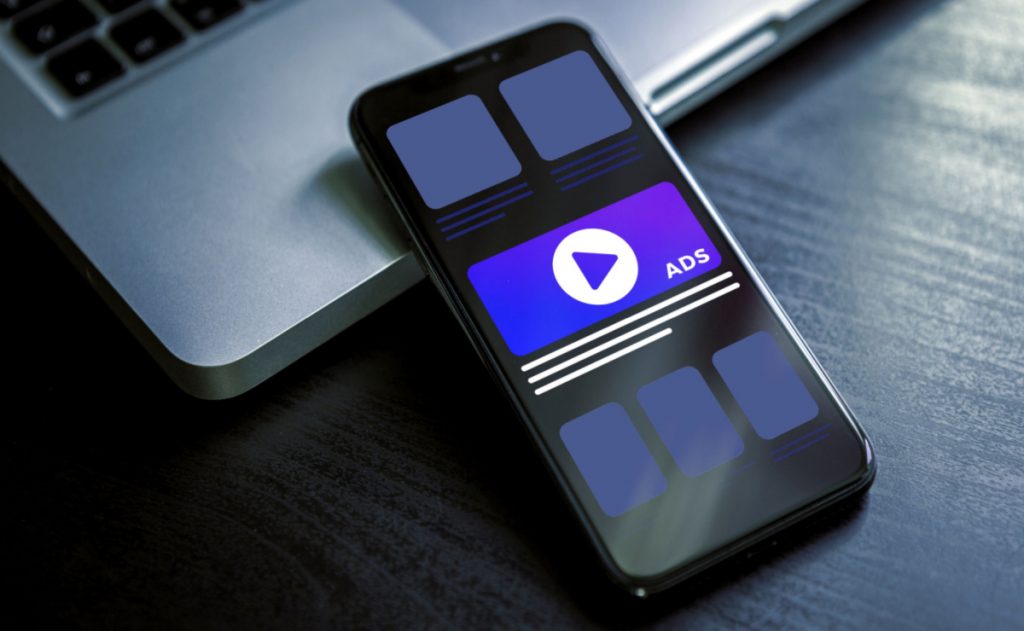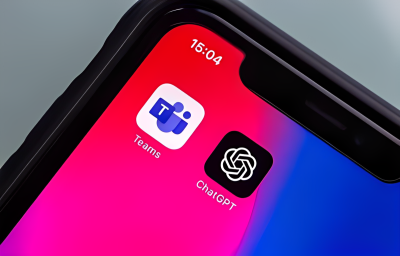Highlights –
- On September 30, Google will implement updated policies that it claims would help users have “high-quality experiences while using Google Play apps.”
- Google is also adjusting how apps use and implement the built-in Android VPN (Virtual Private Network) tools.
Google is attempting to reduce the amount of obnoxious, unskippable adverts in Android apps and generally unsavory activity in the Play Store. The tech firm unveiled extensive policy updates that tighten up loopholes that developers might have used to get around existing regulations.
How advertising is used will significantly impact your daily phone use. On September 30, Google will implement updated policies that it claims would ensure users “high-quality experiences while using Google Play apps.” According to the new regulation, apps cannot open a full-screen advertisement that one can’t close after 15 seconds. There are a few exceptions, such as when an ad appears during a scene break or when you willingly choose to view it in order to earn reward points.
According to Google’s current policy, ads “must be easily dismissible without penalty” and one must be able to close out full-screen ads. However, the 15-second benchmark is something new. Even though it’s still going to take time, it does make it so that one does not have to sit through a two-minute as where the “x” appears only after 70 seconds, right in the middle of a game or when trying to do something else.
The new rules suggest that ads shouldn’t surprisingly appear instantly after you load a level or article. Again, the existing regulations already prohibit unexpectedly disruptive advertisements, but the new rules list additional specific examples of violations.
It’s important to note that the ad regulations for children’s apps are stricter. Google isn’t making many changes to the kinds of advertisements that developers can show to children, but beginning in November, it will adjust the tools developers use to deliver those ads.
Google is also adjusting how apps use and implement the built-in Android VPN (Virtual Private Network) tools. Apps won’t be able to utilize VPNs to help users bypass or alter ads from other apps or to deploy their own VPNs to collect user data unless they have the user’s consent. A Twitter user noted that this could help crack down on ad fraud, where users pretend to be in one country while being in another while clicking on ads. But he is also of the view that it may impact things like DuckDuckGo’s privacy-focused app tracking protection.
There are other adjustments as well in Google’s new rules. For instance, if an app sells subscriptions, developers need to link to an “easy-to-use, online option” to cancel subscriptions – the firm did state that relating to Google Play’s subscription center does count. Google has added a provision to its policies prohibiting apps from containing false information regarding immunizations, treatments that have not received approval, or “other harmful health practices, such as conversion therapy.”
The update also modifies the terminology used to describe monitoring apps, or “stalkerware,” stating that any app designed to follow individuals must use a specific flag informing Google of what it is doing and that apps must note in their Play Store description that they can track you. Google specifically explains that using these apps to follow someone such as a spouse is prohibited, even if the user claims that the person who is tracked is aware of it. (These apps are still only authorized to track employees and children.)
The amended “Impersonation” section contains one amusing nugget: In addition to other businesses, developers, and organizations, Google’s new guidelines state that developers cannot attempt to mislead users into believing their app is connected to an “entity” if it is not. To offer an example as to what it entails, Google provides an app with iconography that could lead people to think it is related to a government initiative or cryptocurrency project.
In this case, Google seems to have timed everything perfectly. Even though the policy isn’t set to take effect until the end of August, the business made the announcement the day before Sen. Sherrod Brown (D-OH) wrote the company requesting additional information about dubious cryptocurrency apps available on the Play Store.














